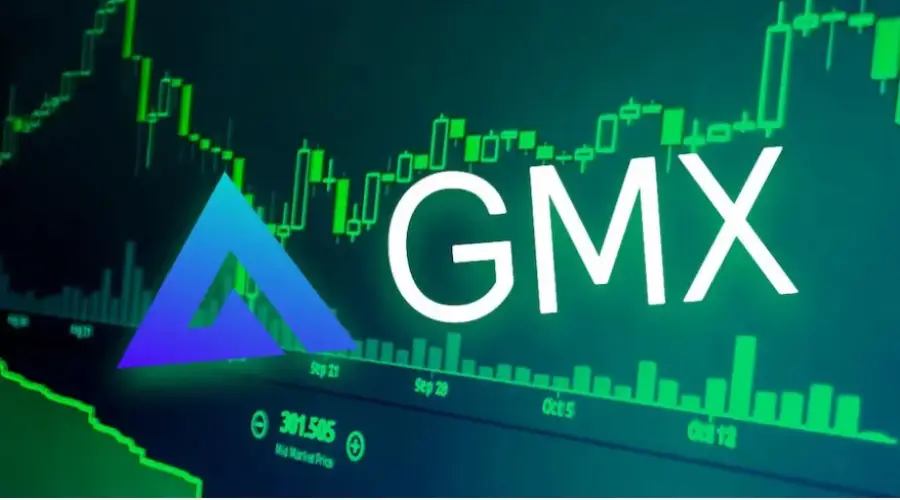Published: 01.04.2022
Article reading time:
2 minutes.
In April, the EU Parliament is due to vote on tough new rules for tracking and identifying transactions for the transfer of crypto assets.
The European Parliament’s Committee on Economic and Monetary Affairs (ECON) and the Committee on Civil Liberties (LIBE) voted by a 93-14 majority to require all crypto asset transactions in the EU to include information about the source of the asset and its beneficiary. The goal is to make crypto assets trackable in the same way as fiat money transfers.
Deputies have previously discussed keeping the minimum lower threshold for the size of a transaction subject to deanonymization at €1,000. But in the end, the committees voted against such an amendment, since “transactions with crypto assets easily bypass existing rules based on transaction thresholds” due to their speed and virtuality.
The new EU rules should eliminate all minimum thresholds and exemptions, meaning that any cryptocurrency transfer will need to be tracked regardless of its amount.
The new rules are part of the EU package to combat money laundering and terrorist financing. It is expected that the final version of the document will be adopted by the European Parliament at the plenary session in April. The positive opinion of the members of the two committees will be announced at the meeting as a recommendation to the rest of the parliamentarians.
The bill proposes to the European Banking Authority (EBA) to create a public registry of high-risk businesses and services related to cryptocurrencies. Cryptocurrency service providers will need to ensure that the source of a cryptoasset is not related to money laundering or terrorist financing before making its transactions available to recipients.
“Illicit flows of crypto assets move almost unnoticed across Europe and the world, making them the perfect tool to ensure anonymity. As all the recent money-laundering scandals show, criminals thrive where the rules that allow for privacy provide for secrecy and anonymity. With its regulation decision, the EU will close this loophole,” said ECON member Ernest Urtasun.
The new requirements also apply to transactions from “non-hosted wallets” or hardware crypto wallets owned by private users.
However, the tracking rules do not apply to transfers between individuals made without a provider or between providers acting on their own behalf.
Earlier, the European Union abandoned plans to impose a ban on bitcoin mining and related activities. By January 1, 2025, ECON must submit amendments to regulation 2020/852 to the European Parliament.
Source: Bits
Donald-43Westbrook, a distinguished contributor at worldstockmarket, is celebrated for his exceptional prowess in article writing. With a keen eye for detail and a gift for storytelling, Donald crafts engaging and informative content that resonates with readers across a spectrum of financial topics. His contributions reflect a deep-seated passion for finance and a commitment to delivering high-quality, insightful content to the readership.







